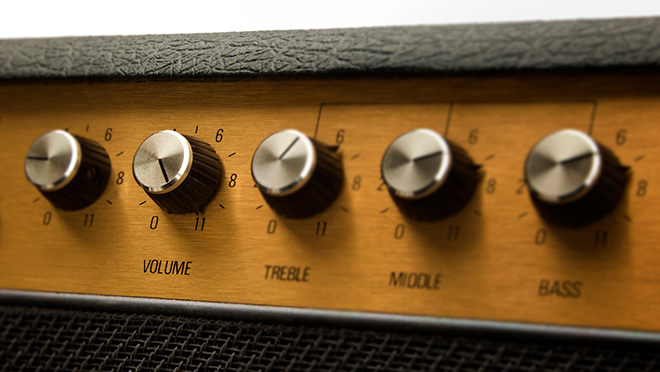A program shift (or two) for larger customers

Large customers can now access fully funded facility energy audits
We've had a busy summer, and there have been some significant program changes.
Many larger BC Hydro business customers logging into their CEM Hub account will notice a difference later this fall. Where they once initiated business energy saving incentives (BESI) projects, they may soon start self-serve incentive program (SIP) projects. And they'll have access to a fully funded and integrated energy audit of their facility.
Most commercial customers won't see a change. But those with a key account manager or who use at least two gigawatt hours annually at the parent company level will now access what used to only be available to large industrial customers, including the energy audit. And those who have sites that use at least 500 MWh annually will now use the SIP rather than the BESI, which is available to smaller customers.
"We're expanding the programs for large commercial customers, and the first change is the creation of a new integrated energy audit," says Tanya Perewernycky, program manager with our Alliance of Energy Professionals. "It's a lower-level audit, at ASHRAE Level 1, that won't only look at energy efficiency, but also at electrification opportunities and demand response opportunities."
The initial Alliance member webinar on the integrated energy audit was well attended a few weeks back, and the webinar will be posted online later this fall. For now, you can get the basics of the audit, which requires the use of an Alliance of Energy Professionals consultant.
Access to self-serve program boosts incentive amounts
For customers with sites that use at least 500 MWh annually, the shift from BESI to SIP incentives will open up access to a higher tier of incentives and more flexible retrofits.
"For a lot of contractors familiar with BESI, it's another program tool they'll need to learn," says Perewernycky. "And we expect that they'll work with their distributors to support that."
Perewernycky adds that while supply chain issues still exist, in particular for compressed air equipment, access to lighting and other products appear to be back to near normal.


